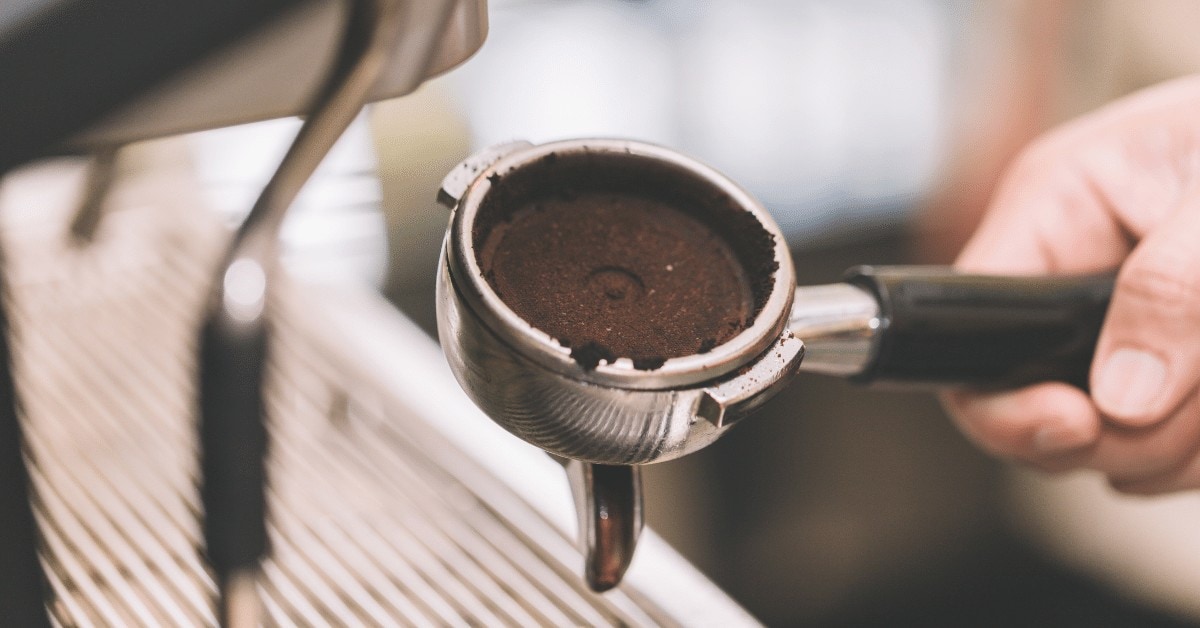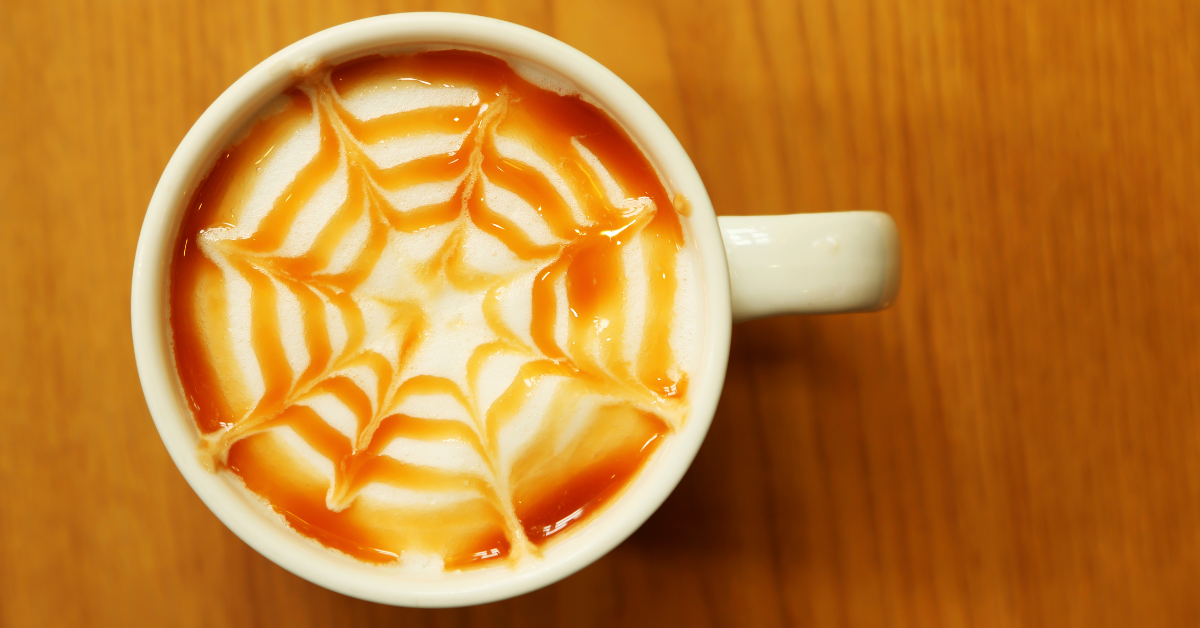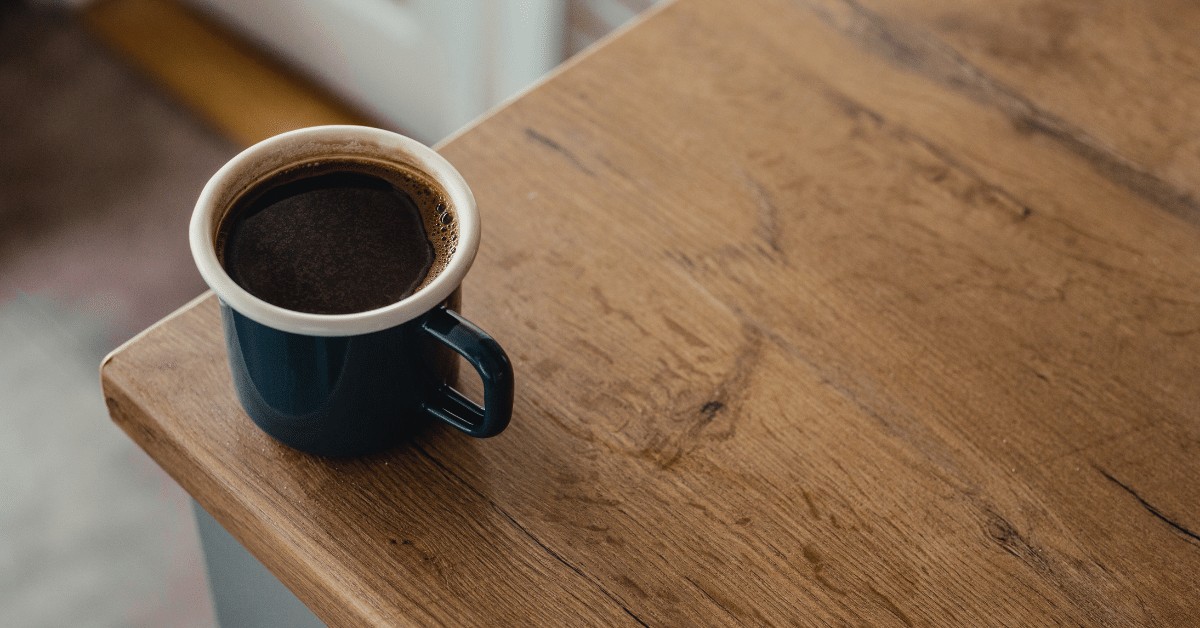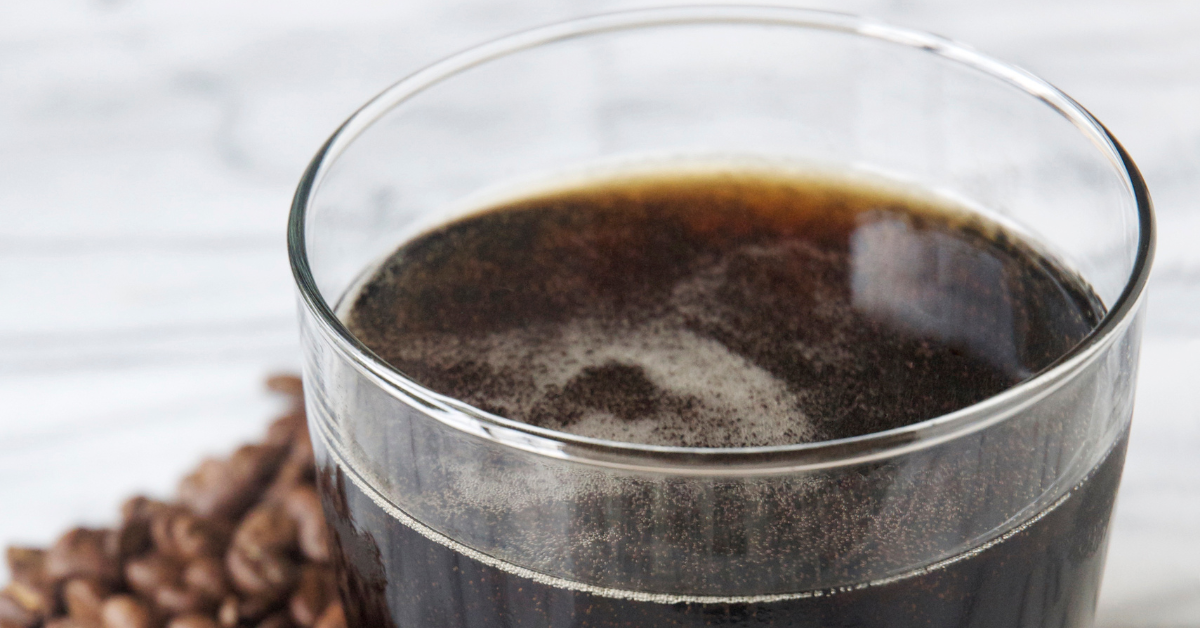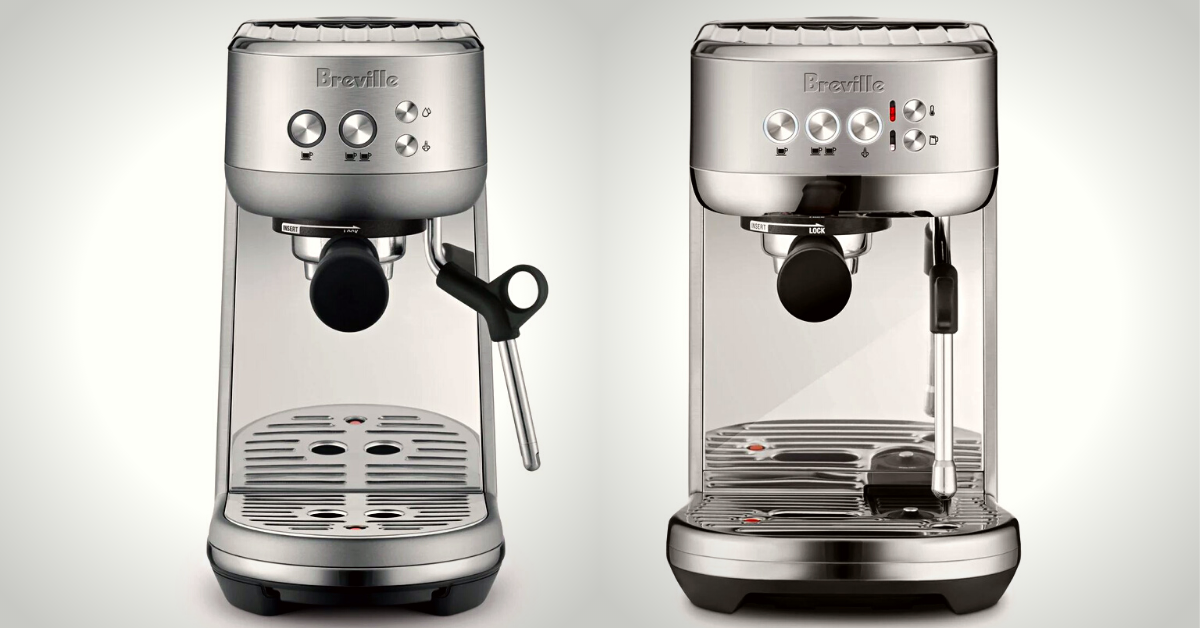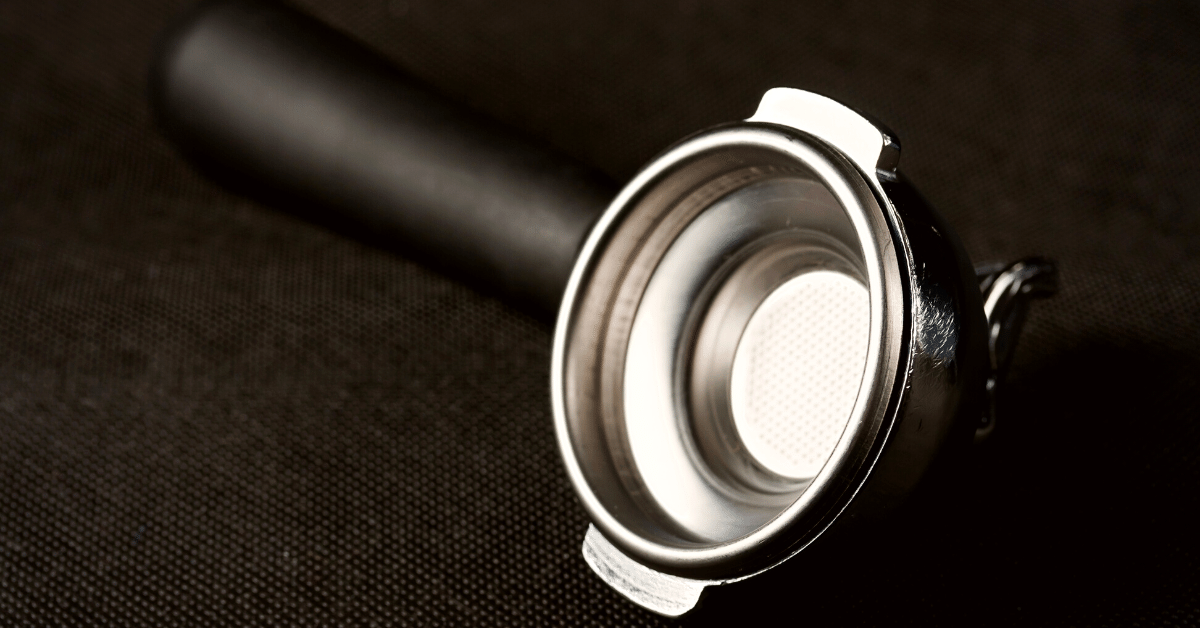Is coffee good for fat loss or just another indulgence your diet restricts you from enjoying? Today, we’ll discover the effects coffee has on your weight.
If you are on some kind of weight plan, fitting your favorite drink into the daily caloric intake can be difficult. That is especially true for those who like a cup of java with sweeteners and extra toppings.
However, coffee is indeed included in many dietary plans, which is a relief to all coffee enthusiasts out there. But does that mean coffee is good for fat loss? Or rather, it causes weight gain?
Yes, coffee can help with losing weight. And I’m not talking about combining the drink with your workout – which also works, but that’s not our focus today. To learn more about that, check out our article on drinking coffee after a workout.
In this article, we’ll cover different aspects of what makes coffee suitable for weight loss and different ways to boost your drink’s fat-burning ability.
Let’s dive straight in.
How Coffee Affects Weight
Black coffee has practically no calories. An 8-cup of regular coffee has just 2 calories.
That means that, even if you drink about 25 cups of coffee daily, the caloric intake would be lower than from eating just one Oreo cookie.
However, anything you add to your brew may increase its caloric amount. For instance, sugar and creamer have roughly 20 calories in a single teaspoon.
And then we have milk, syrups, and all the other ingredients you can add to coffee. So, while a cup of black coffee has 2 calories, Café Mocha may have up to 400, which is how much a whole breakfast should have. Even a latte, which has fewer calories, is a snack.
But with all the potential additives and toppings put aside, coffee consumption won’t mess up your weight loss. It may even help with it.
As you know, coffee consists of many different compounds. First, we have caffeine. This biologically active substance is a natural stimulant that can improve your metabolism.
Caffeine achieves that by sending signals to fat cells, telling them to break down body fat to create more energy.
It’s also believed that caffeine may lower the levels of ghrelin, which is the “hunger hormone.” Ghrelin’s main role in our bodies is to increase appetite, and the more of it you have in your body, the hungrier you’ll be. According to studies, a cup of coffee daily can keep the ghrelin levels at bay.
Finally, we can’t forget to mention antioxidants – molecules that fight free radicals in your body. Coffee contains a bunch of antioxidants, including hydrocinnamic acids and polyphenols. Among other things, they play a role in weight loss by increasing the activity of enzymes that regulate the metabolism of fats.
Fat-Burning Infused Coffee Drink Ideas
With all this in mind, drinking coffee may be the key to achieving your weight loss goals. But, of course, things are more complex.
While studies show a connection between moderately drinking coffee and losing weight, a weight management strategy is always involved. What this means is that coffee does help, but you can’t rely solely on it for weight loss. You must still include physical activity and a special meal plan in your wellness strategy.
That being said, a few recipes can further boost your coffee’s fat-burning ability.
Green Coffee
As you probably know, coffee beans are green when raw and only become brown through roasting. Well, green coffee is, as the name suggests, made with raw coffee beans.
Unsurprisingly, this type of coffee tastes different from brewed coffee. That’s because most of the flavor and aroma notes characteristic of the beverage come from the roasting process. Green coffee is milder and has an herbal taste, similar to green tea.
The “grassy” flavor comes from chlorogenic acids, which green coffee is abundant in. These compounds are strong antioxidants that help lose weight by reducing fat absorption and increasing metabolism.
Have you come across EGCG? Read our article on ‘What Is Epigallocatechin Gallate‘ to uncover the myriad health benefits associated with EGCG.
Cinnamon Coffee
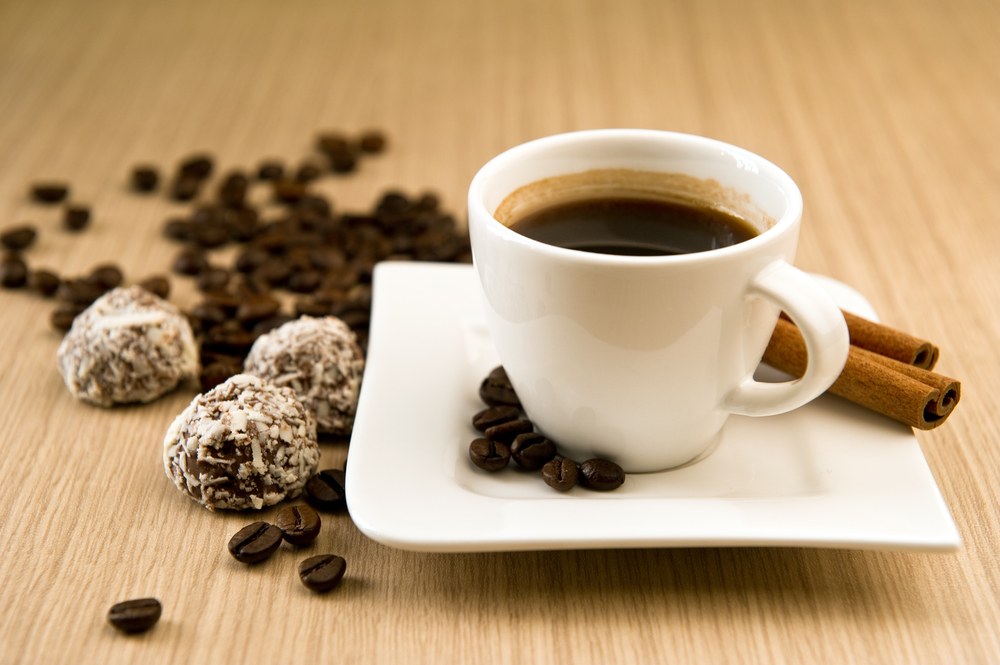
Although it’s not limited to a fall theme, cinnamon is known as the signature spice of this season. For some reason, it adds some warmth to whatever it’s added, so it’s great for colder weather.
Cinnamon has a woody taste with a hint of spice. This flavor profile pairs well with coffee, adding depth to it. Its natural sweetness mellows your coffee without using sugar, creamer, or other caloric ingredients.
Adding cinnamon to your coffee makes it more delicious and fat-burning. Cinnamon is considered anti-diabetic, as it aids in lowering and maintaining blood sugar levels. It’s also high in fiber, suppressing food cravings by promoting a feeling of fullness.
As you know, cinnamon is sold as either cinnamon powder or stick. Now, you can go with whichever, but there are a few things to remember.
First, if you go with the cinnamon stick, you’ll still have to grind it. However, ground cinnamon is not as fine and easy to blend into a drink as cinnamon powder. Additionally, cinnamon powder has a more intense flavor, so it’s more noticeable in your cup.
You don’t need much for this drink to work. Half a teaspoon is more than enough to make your coffee healthier. If you’re not convinced yet, check out our article about cinnamon in coffee.
Lemon Coffee
Lemon coffee is one of those TikTok trends swarming everyone’s feed. Now, I’m fairly sure that everyone is wondering whether:
- It works
- It tastes good
As for the first question, the answer is yes. Lemon is packed with vitamin C, which helps increase your metabolic rate and decrease your appetite, enabling you to lose weight. This combo is great for a morning boost – but keep in mind that it’s by no means magical.
It would be best to pair it with other weight management methods to get results. As far as the other question goes, it depends on your preferences. The subtle citrusy flavor is not everyone’s cup of tea.
I bet you’re wondering who came up with pairing the two. Here’s our article on the espresso with lemon trend and how it came to be.
If you’re trying out this beverage, there’s one thing to keep in mind. Vitamin C oxidizes at 158° F or above – in other words, it loses its effect.
Since your just-brewed cup of coffee is hotter than that, you don’t want to add lemon juice just yet. Instead, wait for it to cool down and squeeze half a lemon once you’re ready to sip on it.
Bulletproof Coffee
Bulletproof coffee is different from your usual morning pick-me-up drink. This one provides sustained energy to get you through the day, thanks to adding healthy fats.
So, what’s the secret ingredient, you might ask? Well, there are two actually: ghee and MCT oil.
If you don’t know, ghee is clarified butter, made by separating butterfat from the milk solids and water.
You should add ghee to your morning cup for many reasons. Check out our article on the different benefits of ghee in coffee.
MCT oil is a supplement made from a type of fat called medium-chain triglycerides, usually found in coconut and palm oil.
For keto dieters, bulletproof coffee is an important part of their weight management strategy. That’s mainly thanks to MCT oil, which breaks down into ketones and helps the dieter stay in ketosis by burning carbs. At the same time, ghee provides them with healthy fats that produce energy.
However, you don’t need to be on a keto diet to get the benefits of bulletproof coffee. MCT oil increases thermogenesis, which is the body’s ability to burn calories to produce heat.
Since it provides sustained energy, bulletproof coffee is more likely to keep you satiated for longer, thus saving you from overeating.
Coconut Oil Coffee
MCT oil, on its own, has practically no flavor. For some, this is great as they want to enjoy the actual flavor of plain black coffee. For others, something must be added to make the drink more palatable.
If you’re in the second category, consider switching to coconut oil. After all, coconut oil is the primary source of medium-chain triglycerides that MCT oil consists of.
In terms of flavor, adding a spoonful of coconut oil to your cup of joe will mellow it down with just a hint of sweetness. But regarding health aspects, it can also aid you in your weight loss plan.
Now, you can add coconut oil to your coffee and stir it, but remember that oil doesn’t incorporate easily. Some people prefer using a handheld coffee blender to make the drink more uniform.
Dark Chocolate Coffee
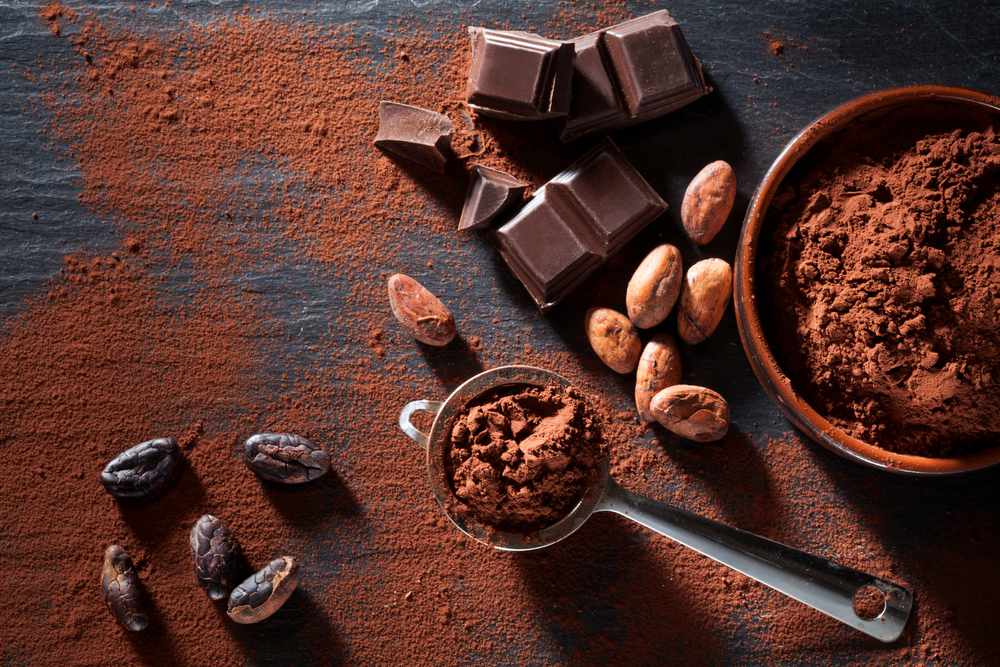
Chocolate and weight loss? Yes, it’s possible. Of course, the key is to use dark chocolate, which has at least 70% cocoa.
Dark chocolate is packed with monounsaturated fatty acids and polyphenols, which increase satiety, boost metabolism, improve insulin sensitivity, and ultimately help burn fat.
Plus, the delightfully bittersweet flavor of dark chocolate pairs exceptionally well with the strong coffee taste. So not only it’s great for weight loss, but this drink is delicious as well.
If you find it overwhelmingly bitter, which I highly doubt, you can add zero-calorie sweeteners, such as stevia, which won’t affect your daily intake.
Summing Up
Even though it has plenty of health benefits and almost none of the calories, coffee alone isn’t a magical fat-loss solution. While it can aid in burning fat, drinking coffee is simply one step in the diet plan. Ultimately, weight loss relies on a healthy lifestyle, not a choice of a single drink.
With that being said, you can add different ingredients to your cup of joe and boost its fat-burning ability, like cinnamon, lemon, or even dark chocolate. There’s something for everyone, so you can surely find the right drink for you.
Looking for ways to make your coffee healthier but still delicious? Here are the best substitutes for milk in coffee to try.


